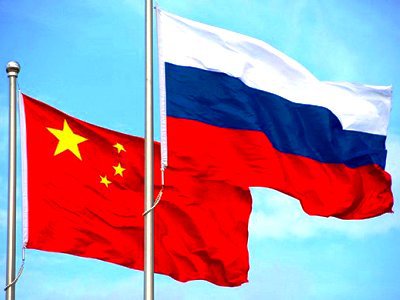Moscow. December 26. INTERFAX - Russia and China have not yet discussed cooperation in manned space exploration, but prospects in this area will become relevant in the exploration of deep space, Sergei Krikalev, Executive Director of Roscosmos for manned programs, told Interfax in an interview.
"Not yet, although it is possible in the future," Krikalev said, answering the question whether cooperation between the Russian Federation and China in manned cosmonautics was discussed.
According to him, discussions of possible cooperation in low-Earth orbit were conducted, "but so far everyone is going their own way."
"In the future, probably, especially for long-distance flights, this cooperation will be more technically feasible," Krikalev said.
"Maybe we will interact in low orbit, but for this we need to solve quite a lot of both technical and organizational issues," he said.
Also, the executive director of Roscosmos assessed the possibilities of integrating the Russian advanced transport vehicle (PTK) "Eagle" to the Chinese superheavy rocket for the delivery of joint crews to the Moon.
"Theoretically it is possible, but practically it is quite a difficult question. Because in order to put the ship on the rocket, you need to have all the ground equipment in the place where the rocket is in order to technically prepare the device for launch," Krikalev said.
According to him, the interaction of Russian and Chinese ships is much more likely already in space. "Just as the Soyuz and Apollo docked with us at one time, as the shuttles docked with the Mir station, and so on," Krikalev noted.
He said that the issue of the integration of the Russian perspective ship with the Chinese superheavy rocket between the two countries was not discussed.
"There was a conversation about possible interaction already in space with both the American program and the Chinese one," Krikalev said.
On May 24, 2021, the executive director of Roscosmos for Advanced Programs and Science, Alexander Bloshenko, told Interfax that the state corporation had reached an oral agreement with the Chinese space agency on the mutual integration of its manned spacecraft to the superheavy launch vehicles of the two countries.
According to him, the agreement had to be consolidated with protocols and technical scientific conclusions.
On March 17, 2021, Dmitry Rogozin, who then held the position of head of Roscosmos, expressed the corresponding idea. "I do not rule out that, if there is political will, it would be possible to adapt our ship to their rocket and, conversely, their ship to ours," he said.
On December 21, the General director of Roscosmos, Yuri Borisov, said that Russia and China had signed an agreement on joint work on the development of the Moon and the creation of a lunar base.
On December 5, Russian Prime Minister Mikhail Mishustin announced that an intergovernmental agreement between Russia and China on the establishment of an International scientific Lunar Station has been prepared for signing.
In March 2021, Russia and China signed an intergovernmental memorandum of understanding on cooperation in the creation of an international scientific lunar station.
On June 16, 2021, Russia and China presented a roadmap for the construction of a joint lunar base.
On December 15, 2021, in an interview with Interfax, Rogozin said that the key aspect of the Russian-Chinese project to create a lunar station is the equality of partners, its absence was the main reason for Russia's withdrawal from the American Gateway project.

